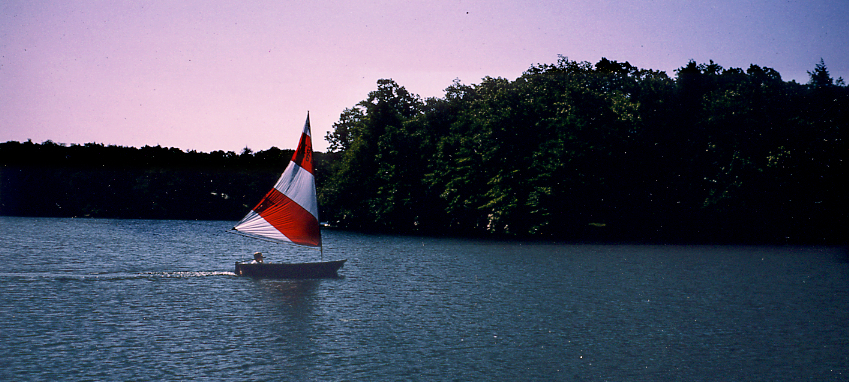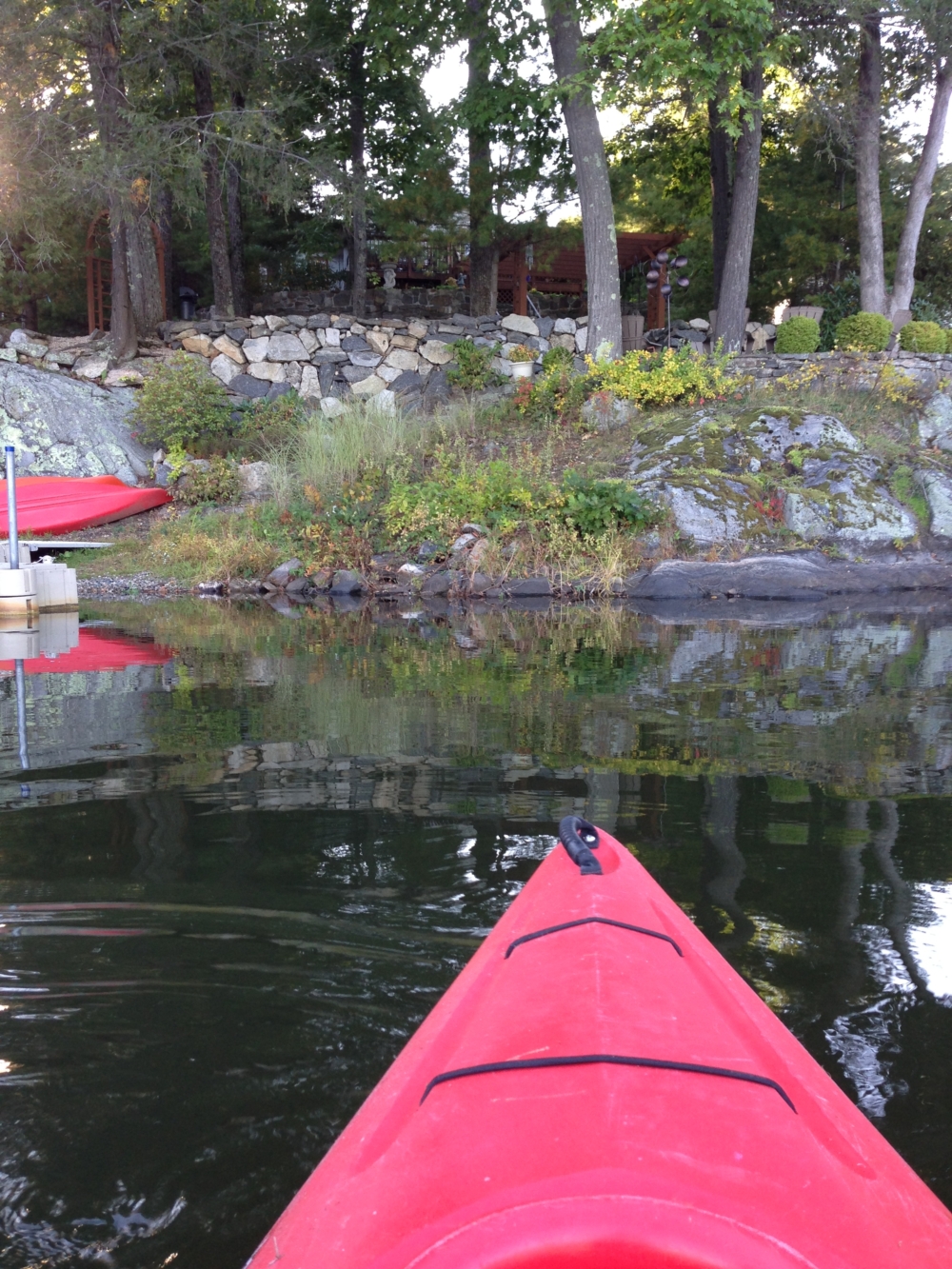

Most of the homes in our community either border the lake or are set on land above the lake. This means that many things we do in our own backyards have residual effects upon the lake. Fertilizer run-off, leaks from septic systems, petroleum contaminants, phosphates, and misused household products end up in the lake. Please remember that the ecology of our lake is fragile, and depends upon our community’s vigilance.
There are many ways that we can all contribute to keeping a healthy environment in our community. We encourage you to learn more. We recommend this “Shoreline Savvy” article from the Three Lakes Council, which contains information about living in a lake community like ours.
![]()
Septic Systems in Our Community
One of the most important things we can all do to protect our lake is to pump our septic tanks regularly. No matter where you live in our community, your septic tank needs to be maintained.
For this reason, the Board has established specific rules related to septic tank pumping. It’s important to understand that regardless of how much (or little) water you use on a yearly basis in your home, your septic system (tank and drainage fields) will have an impact upon the entire community.
Tips for a healthy septic system—and a healthy lake
Adapted from https://www.threelakescouncil.org/lake-living/septic-systems/
Proper care of your septic systems can extend its life and protect your health and the health of our lake. Here are some tips for care and maintenance of your septic system:
Think of the septic system as your home’s digestive system. Don’t overload it or kill off the good bacteria. Avoid “cloggers” and “killers.” In general, if it wouldn’t go into (or come out of) a person, it doesn’t belong in a septic system.
- Avoid using garbage disposals. The increased load will require pumping the tank twice as often.
- Do not put cloggers (like grease) down the drain. Never dispose of oil paint in your drain. If you must wash latex paint from pans and brushes, wipe off excess before doing so.
- Do not dispose of toxic household chemicals down the drain—they may kill beneficial biological activity.
- Commercial septic additives are not necessary and may be harmful.
- Don’t use your toilet as a trash can. Waste products such as dental floss, feminine hygiene products, and cigarette butts can clog septic systems.
- Flushing unwanted medications can destroy the biological treatment in the system and might contaminate surface waters and groundwater. Take unwanted medications to disposal sites at the Danbury police station.
- Know where your septic system is located. Don’t pave or drive over it, and don’t plant trees on the fields. An important part of the system is treatment of the waste by the aerated soil in your septic fields.
- Spread out heavy flows into the septic system. A lot of water arriving at once will stir up the solids, and the suspended solids can flow into the fields and contribute to clogging.
- Fix leaking fixtures. Even a pinhole-sized leak can flood your septic system.
- Don’t drain hot tubs, footing drains, sump pumps, or water softener backwash into the septic system.
- Stagger laundry loads over several days. If possible, defer laundry during heavy storms when septic fields may be saturated.
- Install low-flow fixtures and use water saving appliances.
The Lake Waubeeka Association Rules State:
Residences
All members must have their septic tanks cleaned by a licensed servicer at least every 24 months, even if their homes are seasonally vacant, and provide documentary proof they have done so to the LWA. This is necessary to preserve and protect the lake environment, residents’ health, and property values. The only exceptions the Board will consider are for homes that have been completely unoccupied for at least 12 months, and have pumped immediately prior to this period.
A home is deemed to be “unoccupied” when:
(a) nobody has stayed overnight,
(b) absolutely no activity has occurred during the day (cleaning, using water),
(c) a receipt or written statement is provided to the Board of Directors indicating that the home has been “shut down, and water has been drained.”
Homeowners who do not pump their septic tanks according to the above rules will be responsible for the following fines:
Failure to pump septic tank:
$ 350 if not done within 6 months of request
$ 700 if not done within 12 months of request
